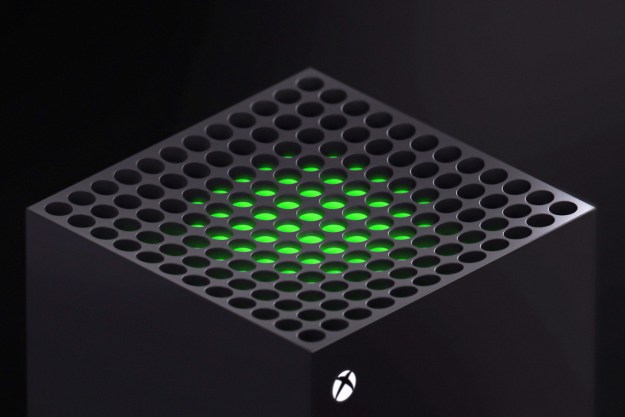The website Justia listed a full breakdown on the trademark information, and indicates that Microsoft had been granted an extension on May 3. This comes months after the game was canceled, which has us wondering whether or not Phil Spencer and the Xbox team had a change of heart.
The game didn’t look particularly impressive at its gameplay demonstrations, with inconsistent framerates and a clunky combat system that was much slower than other PlatinumGames titles like Bayonetta or Metal Gear Rising: Revengeance. A cooperative multiplayer mode was also planned, which would allow several players to team up and take on enormous dragons in battles that took place on land and in the air.
Early impressions of the game’s main character Drew were mixed, but Scalebound did seem to be improving at subsequent events, and its colorful environments separated it from the drab grays seen in other Microsoft exclusives — and PlatinumGames’ Nier: Automata released earlier this year to rave reviews.
Even if development on Scalebound resumes, it’s unlikely we’ll be seeing the game anytime soon. Microsoft’s 2017 is fairly light for the remainder of the year, with Crackdown and Sea of Thieves among the notable games. The Forza series is also expected to see staggered releases of the Motorsport and Horizon games, and we fully expect Forza Motorsport 7 to launch alongside Project Scorpio this holiday season.
Are you hoping to play Scalebound one day, or are you interested in Microsoft’s other games? Let us know in the comments!
Editors' Recommendations
- I’m secretly hoping that the leaked all-white Xbox Series X isn’t real
- Microsoft Edge is slowly becoming the go-to browser for PC gamers
- Microsoft’s next event could reveal the Surface Pro we’ve been waiting for
- Microsoft might end one of the most annoying GPU wars
- Microsoft may fix the most frustrating thing about Windows updates


